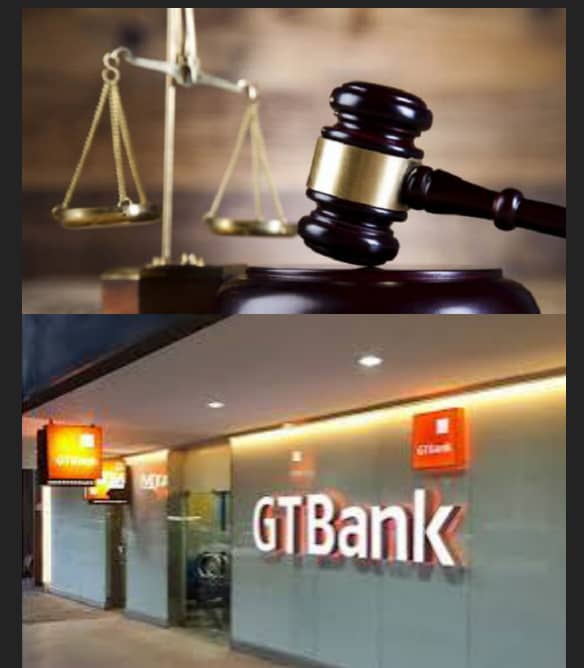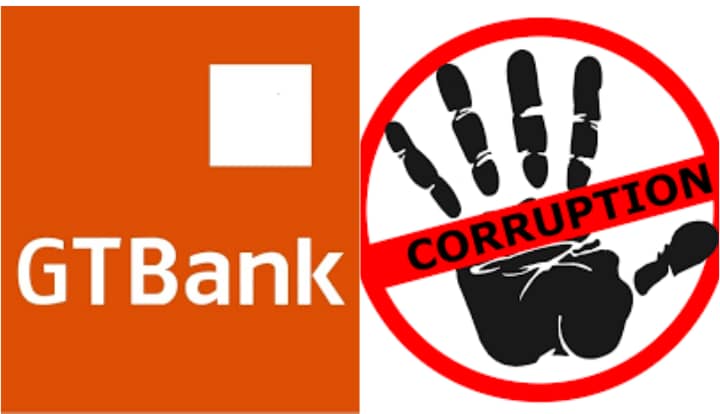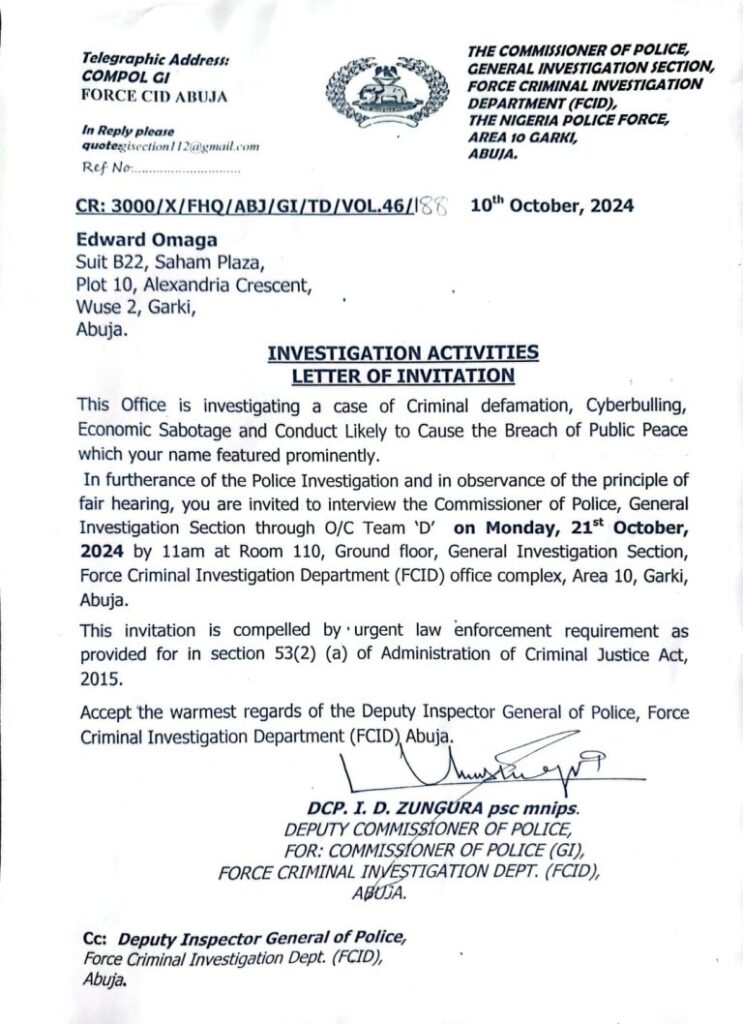
On Thursday, October 3, 2024, the Global Integrity Crusade Network (GICN) took an assertive step in tackling corruption by releasing a Private Investigation Report to the public. The report, highlighting significant allegations of misconduct within Guaranty Trust Bank Limited (GTB), was directed to several national bodies, including the Nigeria Police Force, the Economic and Financial Crimes Commission (EFCC), the Central Bank of Nigeria (CBN), and the Nigeria Deposit Insurance Corporation (NDIC), with the hope that the relevant authorities would take swift action.
Central to the report are allegations involving Segun Julius Agbaje, the Group CEO of Guaranty Trust Holding Company Plc (GTCO Plc), which owns GTB. Ideally, one would expect that the authorities in a society guided by justice and transparency would thoroughly investigate such serious claims. However, what followed was a disheartening example of the struggles against corruption in Nigeria.
Instead of focusing on the allegations against Agbaje, some members within the Nigeria Police Force chose to sidestep the issue. Deputy Commissioner of Police Ibrahim Zungura (08037006592) and his colleague, Barnabas Adi (08035217909), issued an invitation letter—targeted not at investigating the claims, but rather at pressing charges of Criminal Defamation, Cyberbullying, Economic Sabotage, and Conduct Likely to Cause a Breach of Public Peace against the whistleblower who revealed the report. This action seemingly aims to shift focus from the allegations and intimidate those exposing corruption.

Corruption Strikes Back
This incident illustrates a classic example of corruption pushing back fiercely. In a nation where influential figures can manipulate systems to safeguard their interests, whistleblowers and activists often find themselves facing threats, intimidation, or even legal action. This represents a major hurdle in Nigeria’s ongoing battle against corruption.
The accusations in GICN’s report raise questions about the integrity of one of Nigeria’s major financial institutions and its leadership. In a healthy democracy, these allegations would trigger an independent and thorough investigation. However, the authorities’ response so far suggests a concerning effort to obscure the truth and silence those calling for accountability.

The charges of Criminal Defamation and Cyberbullying against the whistleblower appear to be tactics meant to discourage free expression and suppress scrutiny. Such measures highlight a systemic problem—one where the law’s application depends heavily on who stands to gain or lose.
Criminal Defamation as a Tool for Suppression
Criminal Defamation is controversial worldwide, as it can be used by powerful figures to avoid scrutiny. In many countries, criminal defamation laws are being repealed or reformed due to the potential for abuse. In Nigeria, however, these laws remain in force, often leveraged to stifle opposition and silence whistleblowers.
The essence of democracy lies in the public’s ability to hold leaders and institutions accountable. When law enforcement agencies use defamation charges to protect certain interests, it contradicts the principles of transparency and accountability. This issue is not limited to GTB’s case; it exposes broader concerns surrounding governance and justice in Nigeria. When police, whose mandate is to investigate crimes, are instead used to protect those accused, it reflects poorly on the state of the nation.
Economic Sabotage and Breach of Public Peace?
The addition of charges like Economic Sabotage and Conduct Likely to Cause Breach of Public Peace raises further questions. How does exposing potential corruption within a private bank constitute economic sabotage? On the contrary, unchecked corruption is what threatens economic stability, shaking investor confidence and hindering growth. Those challenging corrupt practices should be commended, not penalized.
The charge of Breach of Public Peace similarly appears to be an attempt to criminalize legitimate activism. Peace is not threatened by those who bring wrongdoing to light; rather, it is at risk when corrupt practices are concealed and those who expose them are silenced.
The Need for Collective Action
This situation should prompt all Nigerians, especially advocates, lawyers, and anti-corruption supporters, to stand together in support of whistleblowers and activists who risk their security to expose misconduct. Progress cannot occur if citizens fear retaliation for speaking against corruption.
The law’s purpose is to protect individuals from abuses of power, not the other way around. When police misuse their authority to shield corrupt practices, the system of governance itself is endangered. This is far from the Nigeria envisioned by its founders, and it is critical to demand accountability from those in power.
Fighting corruption is challenging but crucial if Nigeria is to reach its full potential. The powerful must not be allowed to silence voices calling for justice. It is essential that the police fulfill their duties responsibly, and the investigation into GTB’s alleged misconduct must proceed without delay.
Conclusion: Stand Together
Nigeria is not a nation where the rule of law can be compromised. Whistleblowers and activists are essential to a strong democracy, holding leaders accountable. Any effort to infringe on their rights must be confronted directly.
While corruption fighting back is not new, it is a battle that must continue. The collective power of citizens, when unified, is stronger than any individual authority. As long as there are voices willing to oppose injustice, there is hope for a better Nigeria.
Solidarity forever!
For more updates, join our WhatsApp channel here.